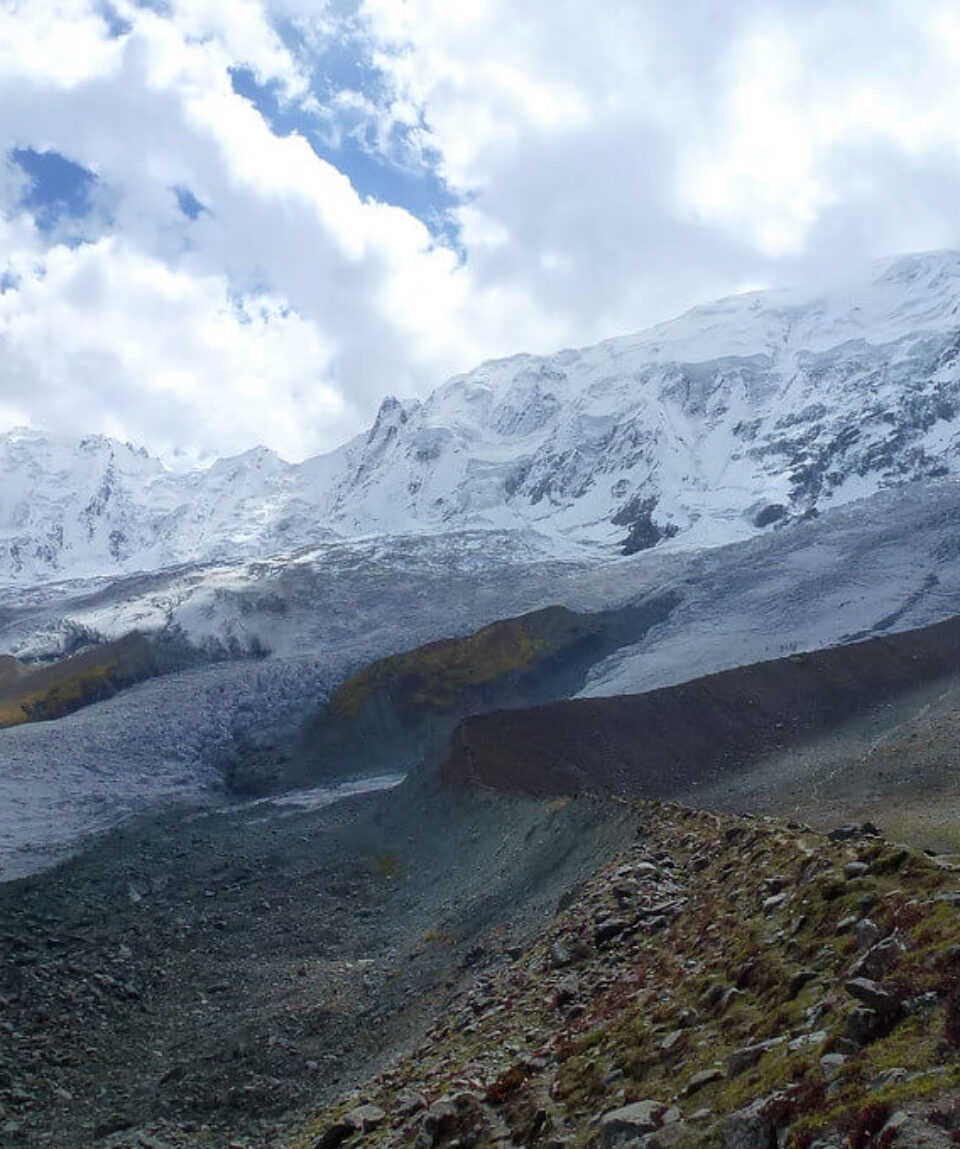Rakaposhi Base Camp Trek (Hunza)
fromThe Rakaposhi Base Camp Trek is an enthralling adventure across the Karakoram Mountains that leads to the Rakaposhi Peak base camp.
-
Reviews 0 Reviews0/5
-
Vacation Style Holiday TypeCamping, Climbing, Guided, Hiking, Mountaineering, Trekking
-
Activity Level Leisurely
-
Group Size Large Group
For foreign travelers, we provide guided Rakaposhi base camp excursions that start and end in Islamabad. This hike takes place in Gilgit-Baltistan’s Northern Areas, specifically in the Minapin Village section of the Nagar Valley. One of the simplest hikes in the Karakoram region, the path is simply accessible from the Karakoram Highway (KKH) and is appropriate for people of all fitness levels and ages. It includes a whole trekking adventure, which includes a glacier crossing.
One of the quickest and easiest treks leading to the base camps of Karakoram peaks with elevations greater than 7000 meters is the Rakaposhi base camp trek. From Rakaposhi to Diran, the trail provides amazing panoramic views.
Rakaposhi and Diran are connected by a magnificent 16 km long fluted snowy ridge from which the Minapin Glacier descends. This journey from Minapin to Rakaposhi Base Camp, also known as Tagaphari, offers a comparatively easy adventure in the Karakoram Mountains and is a great start to Karakoram trekking.
It takes around two to three hours to get from Minapin Village to Hapakun, a lovely and tidy camping area. The population of indigenous porters is renowned for its friendliness and toil, and they provide essential assistance to hikers. To avoid the stifling midday heat, it is advised to start the walk early. A comfortable 3- to 4-hour trek from Hapakun brings you to Rakaposhi Base Camp. There are designated camping areas accessible along the route, ensuring access to clean water.
If you want to get to Diran Base Camp, you have to traverse the Katchelly Glacier, which usually takes a couple of hours on the moraine. It is optional to finish a day-long round trip, which takes roughly 6-7 hours. An alternative is to spend the night at Diran Base Camp and travel back to Tagaphari the next day. Another option is to stay at Tagaphari and enjoy Rakaposhi Base Camp’s breathtaking surroundings.
In general, the Rakaposhi base camp trip ensures a rewarding experience by providing stunning vistas, walkable terrain, and chances to take in the mesmerizing majesty of the Karakoram Mountains.
Inclusions for both foreign and domestic trekkers
- Licensed professional guide required by the government
- Airport transfers on the first and last days of any Pakistani road trip
- Pakistan hotel accommodations (two rooms)
- Trekking accommodations in Pakistan (twin-sharing tents)
- Pakistani hotel breakfast, lunch, and dinner
- Trekking meals (breakfast, lunch, and dinner)
- Logistics for hiking (tents, non-personal gear, and tools)
- Auxiliary personnel (cook, assistant(s), etc.)
- Porters for personal belongings, kitchen supplies, tools, equipment, crockery, and gas, as well as trekking gear.
Exclusions for both foreign and domestic trekkers
- Travel insurance is only recommended.
- Pakistan visa (offering supporting documentation)
- International Airfare
- Personal items (list available upon request or registration)
- Guides, porters, employees, etc.: gratuities
- Other expenses (drinks, calls, laundry, souvenirs, etc.)
- Day 01 Arrive at Islamabad International Airport
- Day 02 Drive to Chilas
- Day 03 Drive to Hunza
- Day 04 Minapin Village
- Day 05 Trek to Hapakun from Minapin
- Day 06 Rakaposhi Base Camp Trek
- Day 07 Base Camp in Diran Trek
- Day 08 Return to Taghaphari
- Day 09 Trek Back to Minapin
- Day 10 Free Day in Karimabad, Hunza Valley
- Day 11 Drive to Chilas
- Day 12 Return to Islamabad
- Day 13 Fly to your home country
Please complete the registration form (click the green “register now and pay later” button) on this page to begin the registration process. Once you submit your form, we will contact you.
If your travel dates do not coincide with our departure dates or if you want to walk alone (with a guide, as required by law), we can arrange solo excursions.
Trekking alone is more expensive than hiking with others. However, it’s crucial to realize that climbing Mount K2 is impossible without a guide and, more crucially, porters (even if a visitor doesn’t want them). Reason: By law, guides are not required to carry any equipment. They need porters to transport everyone’s personal belongings, including the porters themselves, as well as tents, food supplies, equipment, and gas. There are no tea houses or other accommodations, unlike in Nepal. There must be taken enough provisions to last 12–14 days.
People travel in groups on our scheduled excursions, but on the route, nearly everyone walks alone, with the guide following the last member of the group. One of the porters or assistants advances in front of the group. The time gap between the first and last can be up to one or two hours. All hikes on Baltoro are fairly long, so nobody is rushed and everyone moves at their own leisure.
Additionally, we plan treks for exclusive groups. Please get in touch with us and let us know the dates that would work best for your group if you were interested in going on a different journey with your own friends or family.
As a group grows in size, the cost of treks for private groups reduces.
Spending some time getting ready before you leave would be quite fair. You can ask a professional trainer for advice or, on the other hand, you should abide by the fundamental guidelines (hike, long walks, and other cardio exercises that will help you build stamina), knowing that your body should be in good enough shape to walk for extended periods of time and climb for extended periods of time on difficult terrain made up of boulders, dirt, snow, and glacial ice.
You’ll feel a range of temperatures while on your trekking vacation. Up to 45 °C, 30 °C, and 26 °C were recorded in Islamabad, Skardu, and Askoli, respectively. Until we reach the camp at Concordia, when the temperature can be as low as 10 °C or more, a typical day will be warm unless the sky is clouded. The slopes leading up to the Gondogoro La Pass will be covered in snow until early July.
We might be able to walk on snow in June along the highest portions of Baltoro Glacier. By mid-July, snow usually starts to melt. In August and September, snowfall may be possible depending on the weather.
Temperature changes are erratic in the Karakoram Range. Temperatures between Paiju and Concordia may drop to -10 °C at any point throughout the trekking season.
Fixed Departures can reach temperatures as low as -10 °C in September. The Karakoram Range is unaffected by monsoon rains, therefore the summer months are ideal for trekking since they offer clear skies. The participants must be ready to deal with any unfavorable weather circumstances, nevertheless, based on our prior experiences and the fact that the weather is unpredictable.
It is customary for participants to at least give the devoted porters a tip for their labor, which includes lugging heavy loads of supplies and luggage. If the participants are pleased with the guide kitchen crew’s assistance, a payment of between 95 and 120 euros (or its equivalent in your currency) can be made to cover the entire cost of this component. Our trek’s tour guide or leader will be essential in determining how much to tip each crew member and staff member. A “thank you” ceremony will be planned at the end for participants to pass off their tips. Porters who depart early will receive tips earlier
The participants will receive all three meals—breakfast, lunch, and dinner—during this excursion. Our menu will contain a mix of foods from abroad and within Pakistan. Pakistan will be the source of the food’s ingredients. Coffee, cereal, tea, eggs, muesli/porridge, toast, and chapatti will all be included in the breakfast meal. On the trek, lunches will be eaten during the lunch breaks. Options include canned or tinned meals (meat, fish), pickles, crackers, chapatti, pate, and cheese, among others. Our lunch menu for the day is heavily influenced by the weather; participants will start or conclude their meals with tea, coffee, juice, soup, etc.
Every night, the meal will be served in the mess tent, where everyone will congregate to eat the freshly cooked food made by the cooks traveling with our crew. As long as they are nutritious and fresh, fresh veggies will be offered during the first few days of the journey. All vegetarian participants must get in touch with our office and let us know in advance if they require a vegetarian meal plan while on the trek.
Iodized water will be given to trekkers in the mornings, while they are taking breaks and camping. Everybody will drink spring water whenever it is available, but if we run out of options, the participants may have to drink glacier water, which may contain silt.
It is common practice to store water in very big kitchen containers, which also aid in settling the silt particles at the bottom. Participants are welcome to bring their own supplies of bi-carbonated soda if they are sensitive to the smell of iodine. Although everyone benefits greatly from traditional approaches, trying out new ones has no negative effects.
The participants must check in at Islamabad International Airport on the first day. At the gates for international arrivals on the airport grounds, our staff or guide will meet and greet our guests. The host will be escorted to their hotel by the guide or crew. If any of our guests do not need to be picked up from the airport, they must let us know in advance.
Two days ahead of their arrival in Pakistan, they must also provide us with the specifics of both their incoming and departing flights. Our office will email you the names and phone numbers of our office staff after receiving confirmation of your registration and payments.
The majority of the nights will be spent tent camping among the majestic mountains, with a few nights being spent in Skardu and the capital city of Islamabad. While the accommodations in Islamabad are in conventional hotels, the lodgings we chose in Skardu town are some of the best. The accommodations we give at the hotels will be twin-sharing rooms with en-suite bathrooms.
The participants will share a tent large enough for two people while camping. Any person who is traveling on this walk alone will be accommodated by sharing a tent and a room with another participant. First preference will be given to stays with people of the same gender for strangers and lone hikers.
However, a participant can choose a separate tent or hotel room if they so choose; however, there will be an additional charge for arranging a separate arrangement. Participants requiring special assistance must notify our office in advance.
The participants will be awakened by our guide for coffee or a warm cup of tea throughout the trekking days, which will be followed by a satisfying meal in the mess tent. Before breakfast, there will be plenty of time to pack the luggage. After breakfast, the camps will be shut down, and the porters will resume carrying supplies and luggage so that the participants can arrive at the lunch location and begin meal preparation before them. Porters will repeat the procedure in order to get dinner ready for the participants by using the “trek earlier” strategy. Before lunch, a typical hike lasts three to four hours.
Typically, lunch takes an hour, so this is a great opportunity to relax, regain strength, write, read, and do other activities.
The length of the walk will be shorter after lunch than before. The camps will already be put up or already be going when you get to the next camping location. Participants will be given a hot beverage when they arrive at the camp, and supper will be served when it is ready. Once at a camp, participants can relax, read, write, interact with others, and take pictures and videos. The temperature typically drops at night, allowing participants to feel cozy in their sleeping bags and enjoy a full night’s sleep before the next day.
The competitors will fly to Skardu, which is dependent on the weather because it is surrounded by mountains at a high altitude and requires good visibility to operate. The majority of the time, flights take off and land as planned, but there is always a chance that inclement weather will cause a flight to be canceled. In that case, the participants will continue their journey by road (Karakoram Highway). This is a backup plan in case we can’t take the flight the other day, and it’s also necessary due to the complicated airline booking for the following route and the heavy traffic.
Participants must be very wary of other businesses that provide this trek because they can make you wait longer in order to catch the aircraft, which will prevent you from finishing the eagerly anticipated trek on time.
We advise the participants to read the relevant travel advice posted on the website of their respective foreign offices. On the ‘Travel Advice’ page of the European Commission website, travelers who are EU citizens can find the necessary information. Other participants can check out their individual foreign office web pages. Some of these websites forbid their users from traveling the Karakoram Highway, but the majority of these websites are out of date. Please be advised that in the event of a flight cancellation, participants will travel on the Karakoram Highway before continuing on the Gilgit-Skardu Road from Jaglot, Gilgit.
For both domestic and foreign tourists, traveling on the Karakoram Highway is one of the best experiences in Pakistan. As the participants travel along this fantastic highway, they will experience some of the nicest sights and come across indigenous communities along the way. Many foreign tourists have enjoyed this exhilarating road journey and have never regretted taking it. We advise participants to contact their insurance provider for more details on travel insurance. If your insurance provider does not fully cover your trekking vacation, you may wish to check into other options. For good solutions, for instance, in the UK, check the British Mountaineering Council.
It may be necessary to bring portable chargers, storage cards, and extra batteries on the hiking trip. To ensure that your devices continue to work as long as possible, we urge you to compile a list of all the adapters, plugs, and other electrical equipment you could need.
To find out the best portable battery chargers please visit this link.
We strongly advise our guests to take some time to study the official travel advisories on their country’s Foreign Office website because we endorse and advocate all travel and health safety efforts by various nations across the world. Our first goal is to make sure that our guests are safe. Once we are confident in the safety and security, we won’t begin the journeys. We shall be in constant contact and engage in bilateral communication with the guest who has been reserved for Pakistan.
-
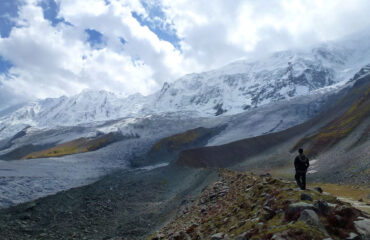 rakaposhi base camp trek
rakaposhi base camp trek
rakaposhi base camp trek
rakaposhi base camp trek
-
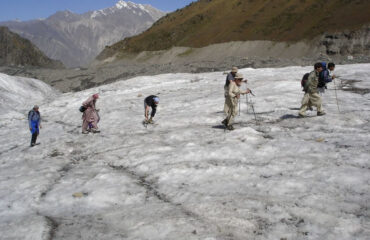 rakaposhi base camp trek
rakaposhi base camp trek
rakaposhi base camp trek
rakaposhi base camp trek
-
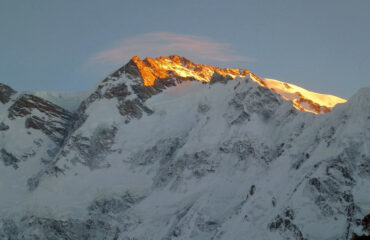 rakaposhi base camp trek
rakaposhi base camp trek
rakaposhi base camp trek
rakaposhi base camp trek
-
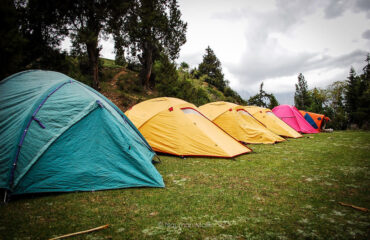 rakaposhi base camp trek
rakaposhi base camp trek
rakaposhi base camp trek
rakaposhi base camp trek
-
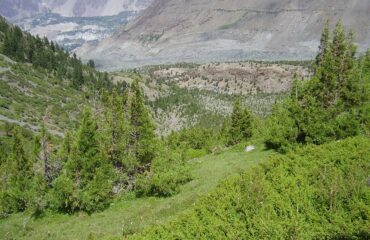 rakaposhi base camp trek
rakaposhi base camp trek
rakaposhi base camp trek
rakaposhi base camp trek
-
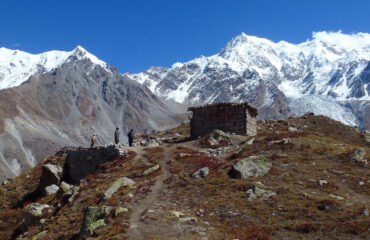 rakaposhi base camp trek
rakaposhi base camp trek
rakaposhi base camp trek
rakaposhi base camp trek
-
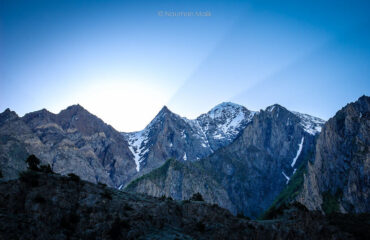 rakaposhi base camp trek
rakaposhi base camp trek
rakaposhi base camp trek
rakaposhi base camp trek
-
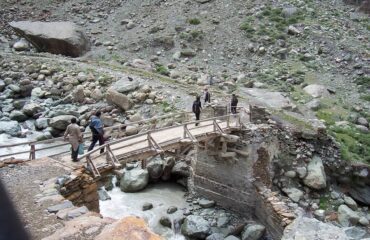 rakaposhi base camp trek
rakaposhi base camp trek
rakaposhi base camp trek
rakaposhi base camp trek
-
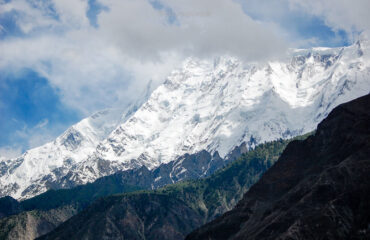 rakaposhi base camp trek
rakaposhi base camp trek
rakaposhi base camp trek
rakaposhi base camp trek
-
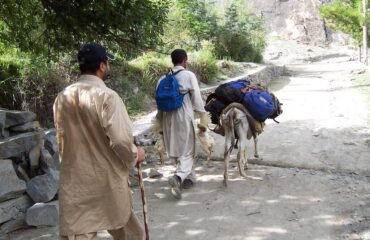 rakaposhi base camp trek
rakaposhi base camp trek
rakaposhi base camp trek
rakaposhi base camp trek
-
 rakaposhi base camp trek
rakaposhi base camp trek
rakaposhi base camp trek
rakaposhi base camp trek
| Package Confirmed Dates | Trip Status Trip Status | Price (PP) Excluding Flights | Price (PP) Including Flights | |
|---|---|---|---|---|
|
July 10, 2025 - July 22, 2025
|
Guaranteed
|
$2,500
|
N/A
|


